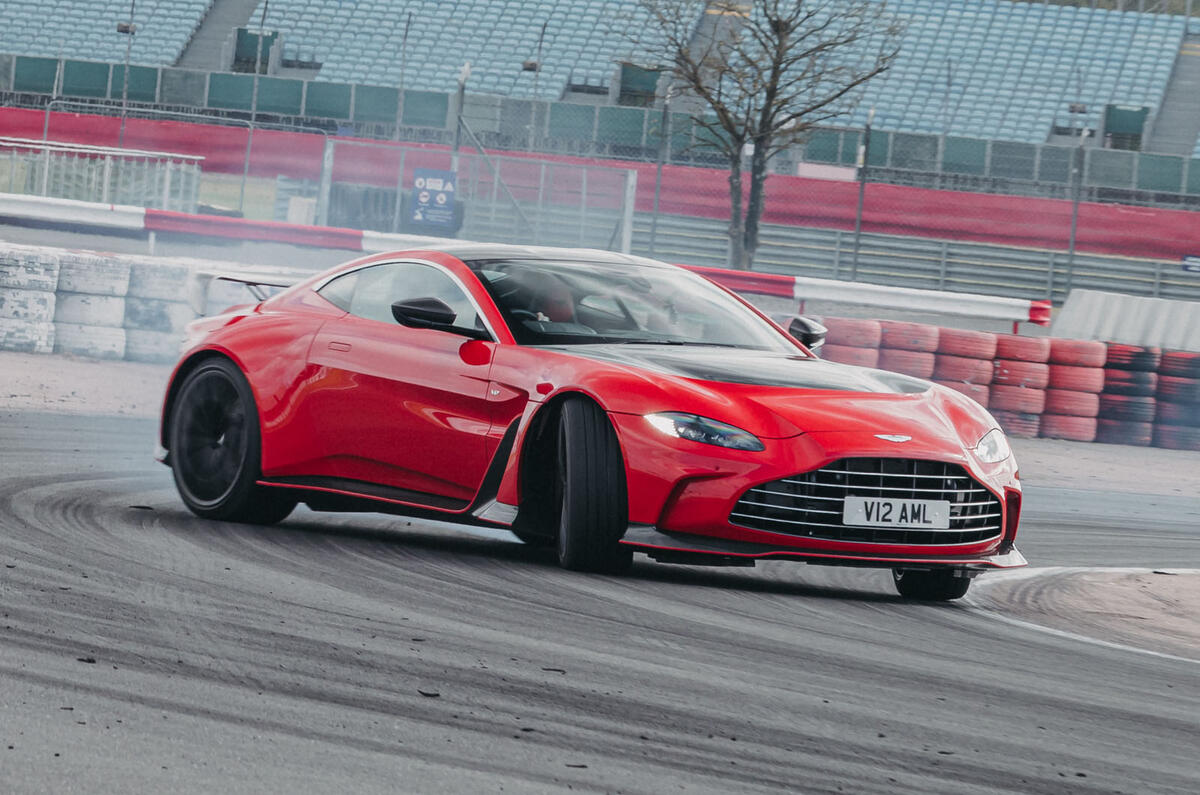Lawrence Stroll’s presence with Aston Martin is a hugely visible one for 23 weekends a year, wearing the British Racing Green colours of the Formula 1 team he owns. Yet as the owner of the Aston Martin road car brand, Stroll is somewhat less visible, his appearances typically limited to investor calls.
But this week we heard Stroll’s reflections on his three years at the helm of the road car business at the Financial Times’ Future of the Car Summit, his 20-minute appearance whetting the appetite to hear more from this most engaging of speakers and storytellers.




Add your comment